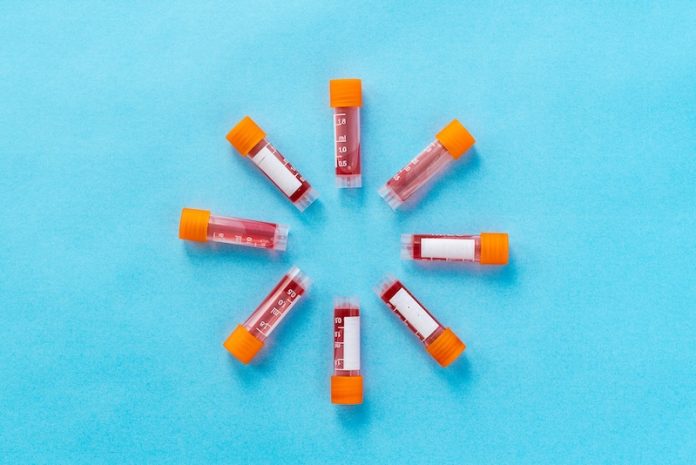
Scientists at Oxford University have developed a new blood test that could help detect cancer in its earliest stages. The test, called TriOx, uses advanced machine learning to analyze DNA in the blood, looking for tiny changes that indicate cancer.
The researchers hope this test will provide a faster, more reliable, and less invasive way to find cancer early, when treatment is most effective.
The study, published in Nature Communications, showed that TriOx successfully identified six different types of cancer, including colorectal, esophageal, pancreatic, renal (kidney), ovarian, and breast cancer. The test was able to detect cancer even at early stages and correctly distinguished between people who had cancer and those who did not.
Why Early Cancer Detection Matters
Cancer is much easier to treat when caught early. Unfortunately, many cancers, such as pancreatic and ovarian, do not show clear symptoms until they have already spread. By that time, treatment is more difficult, and survival rates are lower.
Current cancer screening methods are often limited. Some tests are invasive, uncomfortable, or only available for a few cancer types. Because of this, many people do not get regular screenings, which means cancer is often found too late.
The TriOx test aims to change this by making cancer detection as simple as a routine blood test. If successful, it could help millions of people get diagnosed earlier and start treatment sooner.
How the TriOx Test Works
The TriOx test is a type of liquid biopsy, which means it analyzes blood samples instead of relying on traditional tissue biopsies. Liquid biopsies have been a major area of research because they offer a less invasive way to detect cancer.
However, most current liquid biopsy tests only look at one or two features of cancer DNA, which limits their accuracy.
The Oxford researchers used a more advanced method. They combined TAPS, a cutting-edge DNA analysis technique, with machine learning to examine multiple features of DNA at once. This allowed them to detect even tiny amounts of cancer DNA in the blood.
According to Professor Anna Schuh, the lead researcher, this test provides a more complete picture of the cancer genome, improving its accuracy and reliability. While the test is still in the early stages of development, the researchers believe it could one day be used in routine health care to catch cancer earlier and improve survival rates worldwide.
Promising Study Results
The researchers tested TriOx on blood samples from patients with cancer and from healthy individuals. The results were impressive:
- The test had 94.9% sensitivity, meaning it correctly identified nearly 95% of cancer cases.
- It had 88.8% specificity, meaning it correctly ruled out cancer in people who were healthy.
High sensitivity is important because it ensures that cancer cases are not missed. High specificity is also crucial because it prevents false positives, reducing the risk of unnecessary anxiety and medical procedures for healthy individuals.
Dr. Dimitris Vavoulis, a co-lead researcher, explained that many deadly cancers are often diagnosed too late. He noted that current screening methods are invasive and limited to only a few cancer types. In contrast, TriOx could offer a faster, simpler, and more effective way to screen for multiple cancers using just a blood sample.
What’s Next?
The research team is now expanding their studies to include more types of cancer and larger groups of patients. They are also working on ways to integrate TriOx into routine medical check-ups, with the goal of making cancer screening as common as cholesterol or blood sugar tests.
While the test is still in development, its potential is exciting. If it proves successful in larger studies, it could revolutionize cancer detection, making it easier, faster, and more accessible to people everywhere. This could lead to earlier treatment, better survival rates, and a major shift in how cancer is diagnosed and managed.
If you care about cancer, please read studies that a low-carb diet could increase overall cancer risk, and berry that can prevent cancer, diabetes, and obesity.
For more information about health, please see recent studies about how drinking milk affects the risks of heart disease and cancer and results showing vitamin D supplements could strongly reduce cancer death.
The research findings can be found in Nature Communications.
Copyright © 2025 Knowridge Science Report. All rights reserved.



